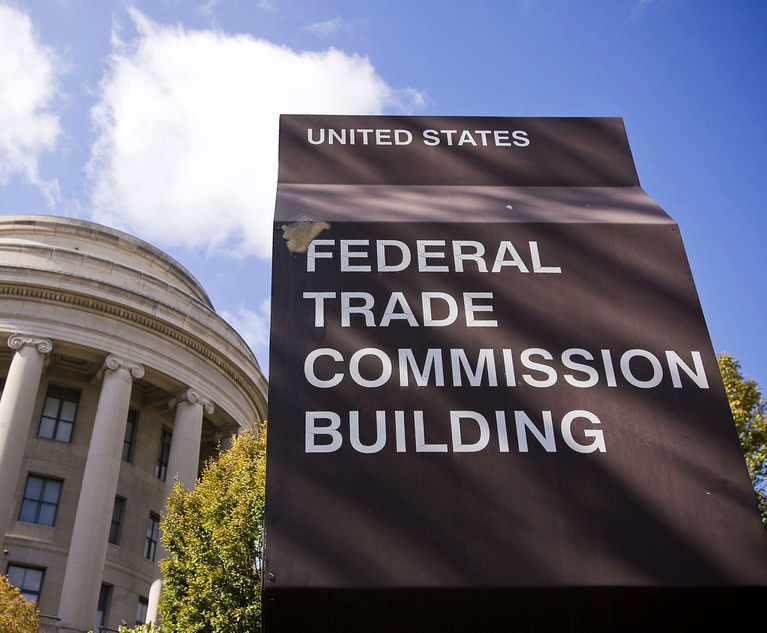Much of the antitrust community’s attention over the last year has focused on the ongoing shifts at the federal agencies—by way of example, so far this year, our articles have covered the aggressive review of, and in some cases, departure from, the horizontal and vertical Merger Guidelines by the Federal Trade Commission (FTC) and Department of Justice (DOJ); the DOJ’s criminal prosecution of no-poach agreements; and federal agencies’ withdrawal of Trump-era patent policy, among others. But state antitrust enforcers have been active as well—and, like the federal agencies, they have had mixed results. State attorneys general play a unique role in U.S. antitrust enforcement. They can bring suits under their state’s antitrust laws, which mostly—though not entirely—track the federal antitrust laws. State attorneys general can also bring suit under federal antitrust laws with parens patrie standing, a special type of standing that allows governments to bring suit on behalf of their residents. We review some of the biggest recent case developments from state attorneys general, as well as legislative updates on laws that may introduce new standards in evaluating antitrust cases.
Case Updates
No Disgorgement for Generic Drug Price Fixing. State attorneys general suffered a setback earlier this summer in one of the largest antitrust cases in the country, In re Generic Pharmaceuticals Pricing Antitrust Litigation, 16-MD-2724 (E.D. Pa. June 7, 2022). The case, brought in federal court in 2016 by attorneys general from 47 states, plus D.C. and Puerto Rico, has tracked a DOJ investigation into price-fixing, bid-rigging, and customer-allocation schemes in the generic drug industry, which has so far led to charges against seven generic drug manufacturers and a settlement of nearly $450 million. The states’ antitrust case is even larger, alleging a massive conspiracy among twenty generic drug manufacturers to fix prices for several years. The state attorneys general sought disgorgement of the manufacturers’ allegedly ill-gotten gains, as well as injunctive relief.
This content has been archived. It is available through our partners, LexisNexis® and Bloomberg Law.
To view this content, please continue to their sites.
Not a Lexis Subscriber?
Subscribe Now
Not a Bloomberg Law Subscriber?
Subscribe Now
LexisNexis® and Bloomberg Law are third party online distributors of the broad collection of current and archived versions of ALM's legal news publications. LexisNexis® and Bloomberg Law customers are able to access and use ALM's content, including content from the National Law Journal, The American Lawyer, Legaltech News, The New York Law Journal, and Corporate Counsel, as well as other sources of legal information.
For questions call 1-877-256-2472 or contact us at [email protected]


 U.S. Federal Trade Commission building in Washington, D.C. Photo: Diego M. Radzinschi/ALM
U.S. Federal Trade Commission building in Washington, D.C. Photo: Diego M. Radzinschi/ALM




